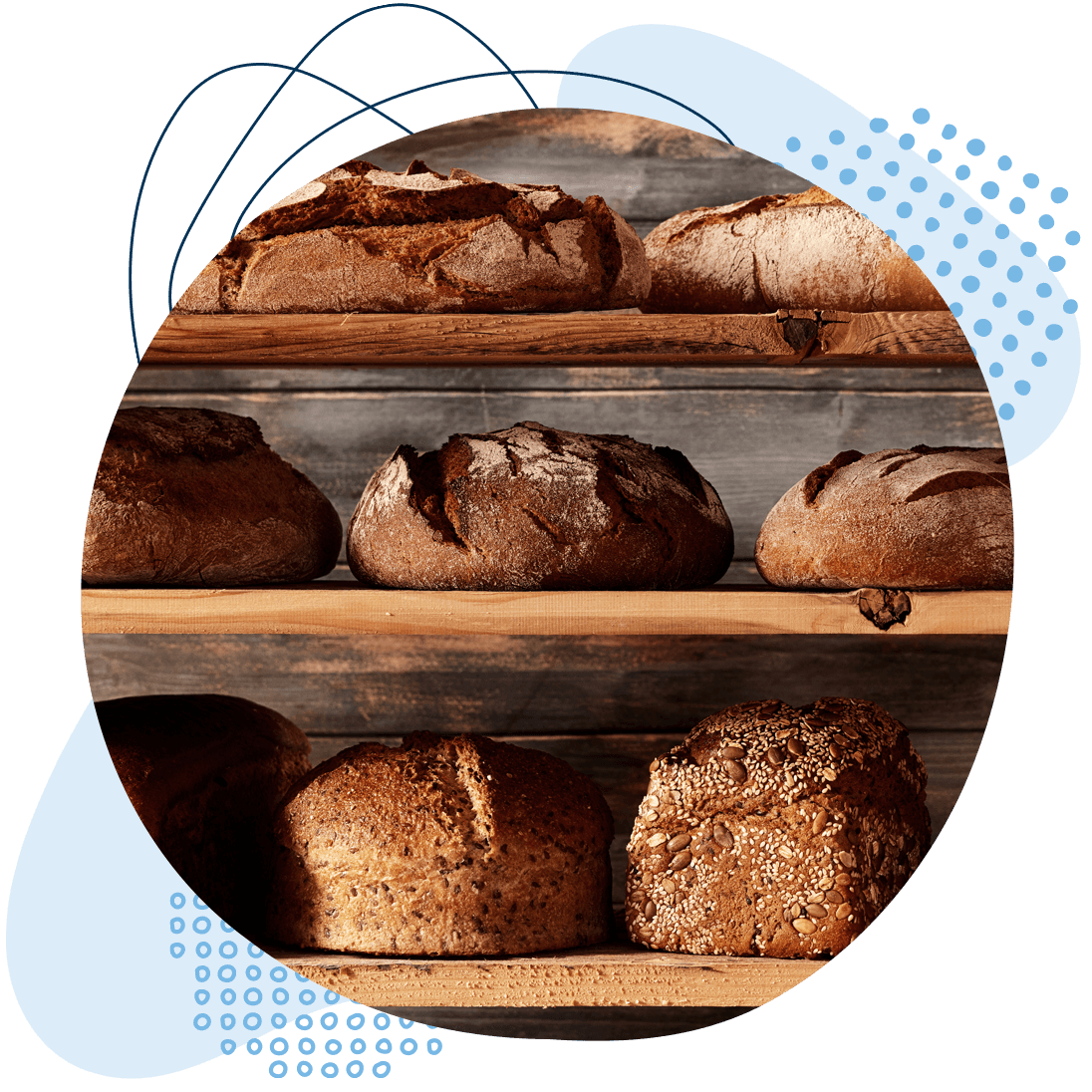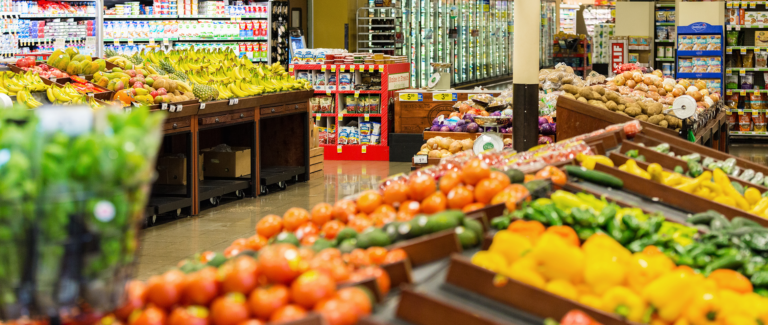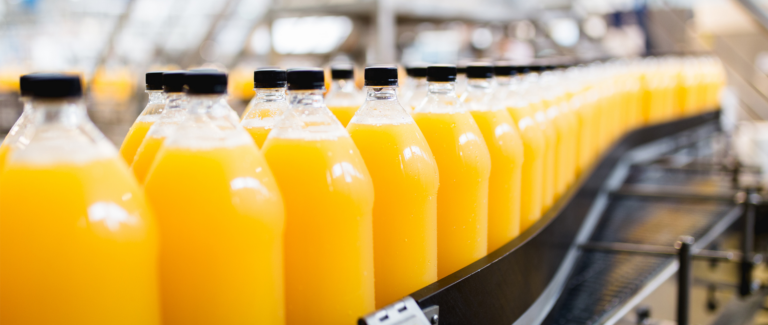
Case study: Finsbury Food Group
Through RELEX, Finsbury achieved enhanced responsiveness, enabling the formulation of alternative scenarios that mitigated many of the challenges faced.

Identify the most cost-effective production, distribution, and replenishment methods required to satisfy volatile customer demand without sacrificing freshness.
Bakeries stake their reputation on their ability to quickly and consistently produce freshly baked goods for their customers. Raw material shortages, production issues, and the rising costs of ingredients threaten to prevent companies from producing fresh baked goods while still maintaining profitability.
The modern supply chain is a logistical minefield for bakeries navigating transportation delays, material shortages, production issues, inflation, and rising energy and labor costs.
External events like social media trends, a competitor’s unforeseen promotion, and inclement weather can lead to sudden shifts in consumer demand, leaving bakeries unable to adjust their forecasting in time to react appropriately.
Baked goods expire quickly, requiring a supply chain that moves goods swiftly and efficiently. Operational inefficiencies, in-network volume, and fluctuating demand often force companies to choose between freshness and responsiveness, causing imbalances that create waste or prevent bakeries from fulfilling orders using the freshest goods.
A reliance on manual processes and spreadsheets creates data siloes that prevent sales and marketing teams from aligning on functions, like promotional planning. The inability to plan and execute from a single platform leads to more work, suboptimal decision-making, and missed opportunities.
The ability to deliver the freshest products despite supply chain tangles hinges on the quality and capabilities of your supply chain planning solution. Use RELEX to:
We’ve accumulated a wealth of supply chain & retail expertise from our 1,500+ planning specialists.

Discover how touchless planning transforms manufacturing with AI-driven solutions and why automated forecasting is now essential for competitive advantage.

This blog discusses the top causes of waste across the food supply chain and how technology can help grocery stores meet customer needs while reducing food waste and ultimately cutting their footprint.

The blog discusses on how forecasts built using demand sensing can result in fewer lost sales, reduced waste, and increased cost savings.
We’re happy to discuss your business needs and share how our market-leading, unified platform can help you drive profitable growth across your sales and distribution channels. Discover why top industry analysts position RELEX as Leaders in the market.